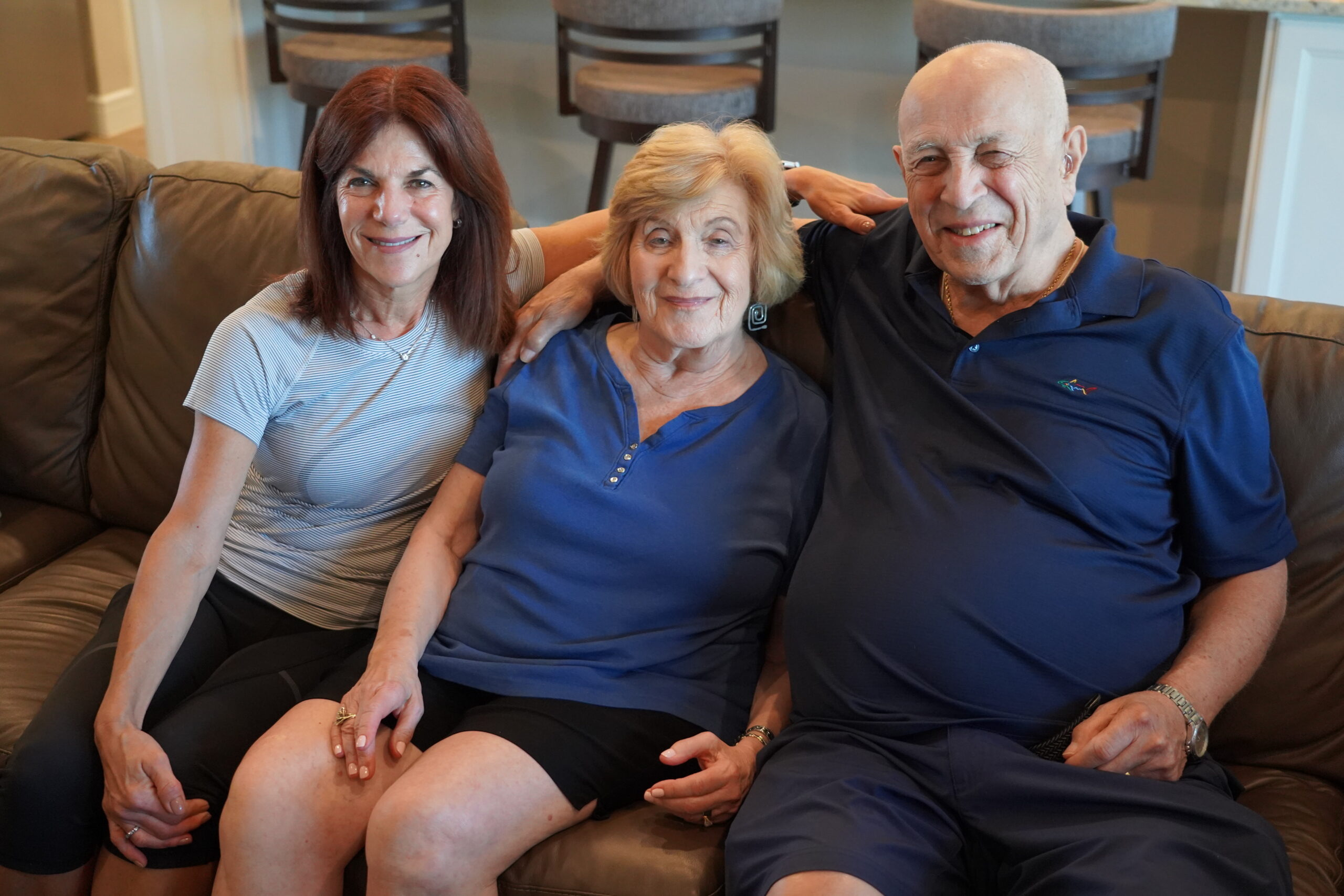For many, making friends seemed a lot easier when we were kids than it is now in adulthood. Why is it that as we age, the art of making and keeping close friends becomes so difficult?
Dr. Marisa Franco, a psychologist and professor, wrote a bestselling book that addresses this very question, entitled Platonic: How the Science of Attachment Can Help You Make-and Keep-Friends. In an interview for the Growing Bolder podcast, she shared advice on improving our social abilities.
3 Practices To Make Adult Friends
1. “Don’t assume it happens organically,” Dr. Franco explained. “It did when we were kids because we saw each other every day and we were vulnerable, and that creates organic connection. We don’t have that as adults. That infrastructure’s not there. You can’t just rely on things happening organically.”
2. “Assume that people like you. When researchers told people to assume this, they became warmer, friendlier, and more open — even though this was actually a lie — when they went in to interact with a group, and it was a self-fulfilling prophecy.”
3. “Join something that is repeated over time, because you capitalize on something called the ‘mere exposure effect.’ Our unconscious tendency to like people that are familiar,” Dr. Franco explained. “Once you join that repeated group, maybe it’s a hobby that you do in community with others, generate exclusivity by asking people to hang out one-on-one before or after the group.”
By following these three keys, Dr. Franco believes the important challenge of making adult friendships can become easier for all of us and create opportunities to change our lives for the better. In addition to her suggestions of practices to adopt, she also offered advice on the pitfalls to avoid.
Common Mistakes To Avoid
“I used to think I can make friends if I come off as smart, insightful, funny, persuasive, entertaining. But in fact, this is the least valuable quality people report in their friendships,” Dr. Franco said. “The most valuable quality is people want to be around someone who makes them feel like they matter. Being good at friendships is less about who you are, and more about how you treat people.”
Dr. Franco revealed that many times our own self-doubts likely get in the way of focusing on others in the right ways. We can get caught up in how people are treating us, if they are reaching out to us and how they make us feel, and neglect holding ourselves accountable for how we are treating others.
“For me in college, going into a social group, I would just be like, ‘Everybody’s clingy, nobody introduced themselves to me, I feel lonely.’ But did I introduce myself to anyone else? Did I make anyone else feel like they belong? I didn’t.
“That’s our egocentric bias. We think so much more about how people affect us and so much less about how we’re affecting people. To be a good friend, we need to think more about how we’re affecting people and whether we are making them feel loved and valued.”
The Health Benefits of Keeping Adults Friendships
While it can be intimidating to open ourselves up to others, Dr. Franco pointed to research that shows just how crucial adult friendships are to our overall health and wellbeing.
Dr. Franco calls loneliness “one of the biggest predictors of mortality,” even more so than diet and exercise. Research shows that diet and exercise have a 20% to 30% impact on how long we live, while social connection affects our longevity by 40% to 45%. That means one of the best things we could do for our health is really to stay socially connected.
“I call loneliness, not just a state of mind, but a way of viewing the world. You actually report liking other people less, having less compassion for humanity. You focus less on others in social interactions and more on yourself, because you get into this really self-protective place. Your body’s working on overdrive, because you’re in a state of threat for a prolonged period of time that promotes a lot of wear and tear on your body.”
By making and keeping adult friends, Dr. Franco believes that not only will the quantity of years you have left expand, but the quality of those years will grow too.
This article is featured in the Spring 2023 issue of The Growing Bolder Digital Digest.















